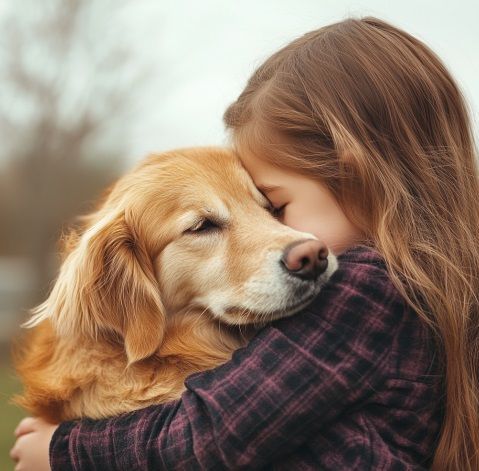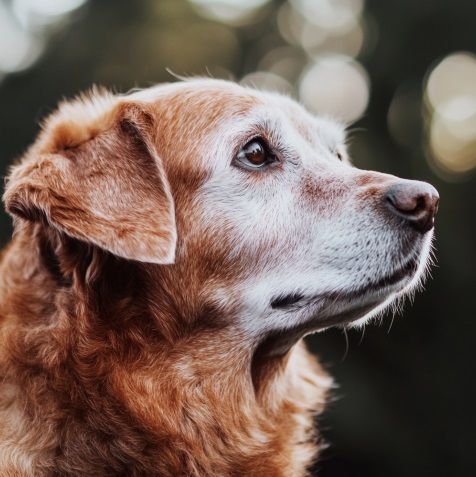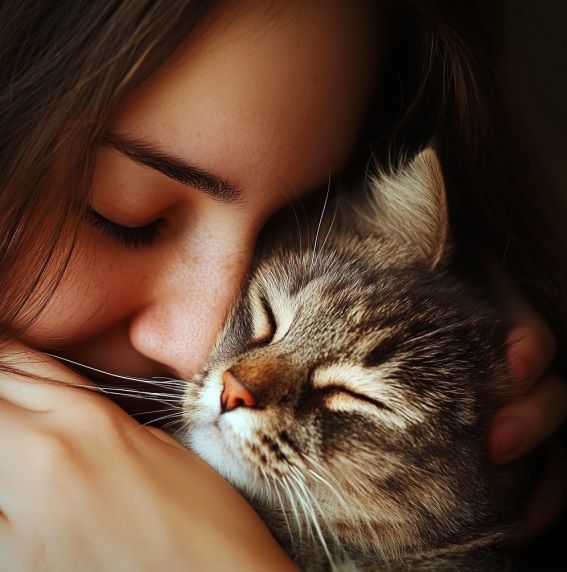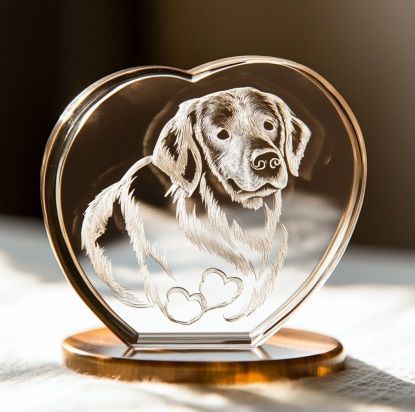Seniors and Pet Loss
Seniors and Pet Loss
What to Know and How to Help
Losing a pet is never easy, but it can be especially devastating for the elderly. Seniors may already be facing a great deal of loss on a day-to-day basis: loss of health, financial security, autonomy, of friends and family. The death of a beloved pet on top of other struggles can feel overwhelming. If you have an elderly loved one facing the loss of a pet, or if you are dealing with a loss yourself, know that the pain is real and valid, but that there are things you can do to help ease grief.
Seniors and their Pets Share a Unique Bond
For many seniors, pets offer more than companionship. They provide structure and routine to the day and provide a sense of responsibility and purpose to a life. Many elderly individuals live alone and may not get out as often as they once did to socialize; a pet could be a primary source of company and comfort. All these factors make losing a pet especially difficult.
Seniors may also grapple with feelings of guilt or shame over the way a pet died, especially if finances were a factor in the outcome. A fixed income may mean making difficult decisions for end-of-life care, and it’s easy to feel guilty for not doing enough even if the outcome would not have changed despite monumental efforts.
The death of a pet can also remind their human parents of their own mortality. It’s natural as people age to think about the end of their lives, but excessively dwelling on death and estate planning can lead to depression and feelings of despair.
Signs of Grief to Look for in the Elderly
If your aging loved one has recently suffered the loss of a pet, it’s important to watch out for these signs and symptoms that show grief has become something more serious:
- Sleep disruptions
- Weight loss or loss of appetite
- General lack of self-care
- Loss of interest in hobbies or activities
- Reduced desire to socialize
- Worsening pain, such as from arthritis or headaches
- Persistent fixation on the topic of death or mortality
- Feelings of hopelessness or despair
It’s normal to feel sad after the loss of a pet, but if that grief persists for a long time without any relief or leads to the signs listed above, a person’s loss may be affecting their mental health and professional intervention may be needed to help them begin to heal.
How You Can Help a Loved One Cope with the Death of a Pet
There are many things you can do to help someone cope with the loss of a pet. One of the easiest and most helpful is simply to be there and listen. Ask questions and invite the grieving individual to share fond memories and stories about their departed companion. Validate their feelings and be empathetic toward the loss. This can go a long way toward helping ease the pain of these feelings.
You might also want to offer company and friendship if possible. Arrange routine visits or phone calls. Choose an activity you can do together, whether it’s a shared meal, piecing together a puzzle or an afternoon sharing stories on a park bench. If you have a pet of your own to bring along for company, that might be a welcome way to brighten a senior’s day. If not, pet therapy programs exist to bring pets to the homes or care centers of the elderly so they can enjoy the company of an animal without committing to owning one.
Is It Time to Get a New Pet?
Getting a new pet can be a tremendous comfort for a grieving animal lover. Though the new pet is not a replacement for the one who’s passed away, it can help fill the void left behind. Having a pet to love fills a senior’s need for companionship and routine, while forging a new bond can help with healing from loss.
However, there are practical considerations for the elderly that other pet owners may not face when choosing a new pet. The energy needs of a young animal can often be too much to handle. A senior may also worry about what could happen to the pet after they die. This is one reason why many animal shelters and rescue groups offer a “Senior for Seniors” discount, matching up older pets with elderly adopters. Older pets are often calmer and understand basic commands. Since older pets can be difficult to place with new adoptive homes, these programs are valuable for pets and seniors alike.
On the other hand, there are additional practical reasons why a senior citizen should think twice about getting another pet. If their physical health or income make it hard to care properly for an animal, or if transition to assisted living is on the horizon, for example, it might be best to forgo adopting a new companion.
If you are someone who is struggling with the loss of a pet, know that you’re not alone. Best Friends Pet Passings & Cremations can help. We can connect you with grief resources, as well as provide pet memorial services to help you honor the animal you love. To learn more about our memorial and cremation services, and grief support, call our Albuquerque, NM office at (505) 345-5615.













